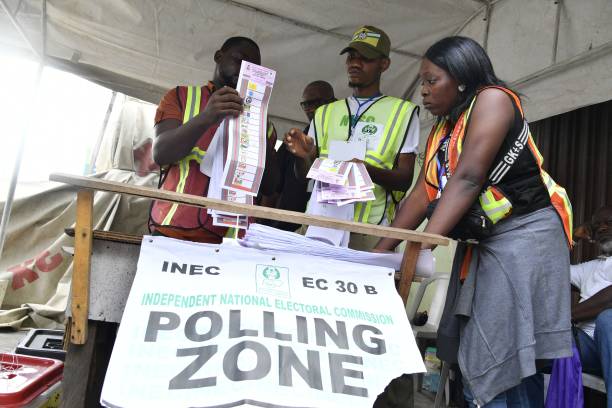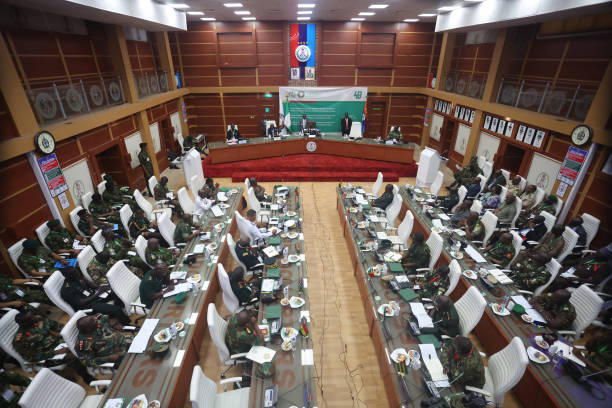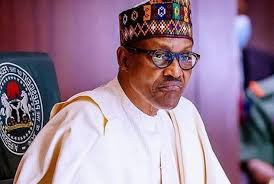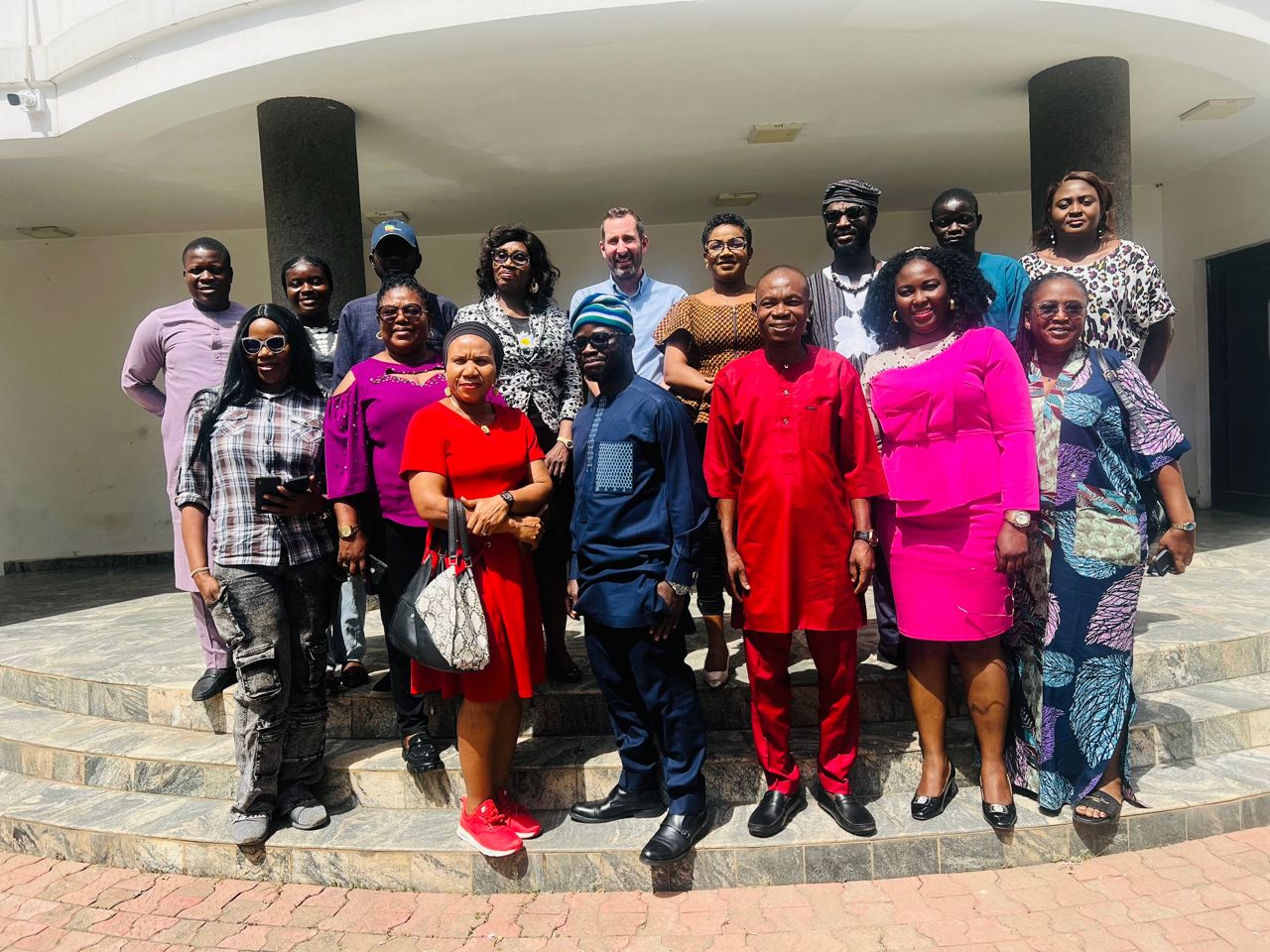For over two decades, Nigeria has been a democracy in name. Since the end of military rule in 1999, Nigerians have gone to the polls every four years with high hopes for change. But time and again, those hopes are dashed by violence, vote buying, rigging, delays, and the painful feeling that elections are decided long before the first ballot is cast. The simple truth is this: Nigeria still cannot get its elections right — and it’s costing the country far more than just credibility.
The Problem Isn’t Just the Ballot
On paper, Nigeria has all the structures of a democratic state: a constitution, electoral commission, political parties, and the courts. But these structures are hollowed out by greed and power struggles. Elections are no longer about service, ideas, or the people. They are about access to power — and more importantly, access to wealth. For many politicians, public office is a gateway to personal fortune, not public duty.
That is why they fight so hard to win at all costs — even if it means cheating, bribing, intimidating voters, or using thugs. The price of power in Nigeria is so high, politicians are ready to burn the country down just to climb to the top.
INEC’s Many Failures
The Independent National Electoral Commission (INEC) is meant to be the neutral umpire. But every election brings more questions about its readiness, fairness, and independence. Whether it’s the failure of the BVAS machines, delayed results, or poor communication, Nigerians are losing faith in the process. In the 2023 elections, for example, promises of transparency and real-time results turned out to be wishful thinking.
People who waited under the hot sun to vote were left confused and angry. Many still believe their votes did not count. That kind of disappointment is dangerous for any democracy. If people stop believing in elections, they stop voting — and when the people don’t vote, the wrong people win.
Money and the Death of Merit
Another major issue is the role of money. Running for office in Nigeria is so expensive that only the wealthy — or those backed by “godfathers” — can dream of it. That’s why competent, honest candidates hardly stand a chance. Campaigns are not won with ideas but with rice, cash, and promises of contracts. Voters, worn down by poverty, often accept the gifts because they feel it’s the only benefit they’ll ever get from politics.
This is not democracy. This is transactional politics — and it has kept the country in a cycle of poor leadership.
The Way Forward
So, how can Nigeria fix this broken system? First, electoral reforms must go beyond paper and be enforced. There must be real punishment for electoral crimes. Vote buying, ballot snatching, and falsifying results should carry serious consequences. Secondly, INEC must be restructured and fully independent — not just in law but in practice.
Most importantly, Nigerians themselves must demand better. Democracy is not just about voting once every four years. It is about holding leaders accountable every day. Civic education, stronger institutions, and a shift in mindset are all necessary.
It will not be easy. But until Nigeria gets its elections right, the country will keep going in circles — and ordinary people will keep paying the price.
Democracy should be a path to progress, not a game for the highest bidder.





